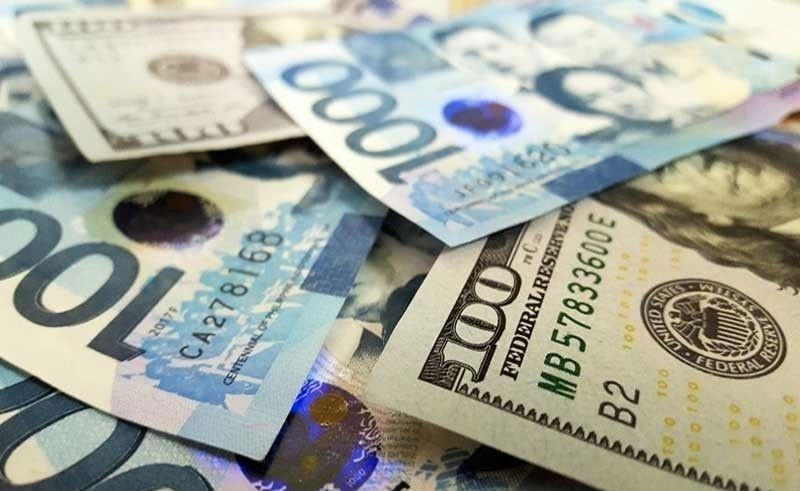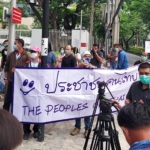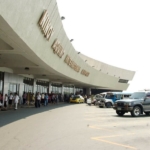
The Philippine government is best positioned to deal with stuns from an ascent in loan costs, likely making obligation renegotiating to a lesser degree an issue for the state in the following not many years.
In a report shipped off columnist, S&P Global Ratings shared that its standard gauge is for government spending on revenue installments as a portion of the Philippines’ total national output to remain at 1.9% this year until 2023.
Related Posts
In the occasion that getting costs increment by 100 premise focuses, the obligation watcher said aftereffects of its pressure test showed the state would in any case pay similar interest as an extent of GDP in those years. Considerably under a most dire outcome imaginable that rates would spike by 300 bps, S&P said revenue consumption would be unaltered at 1.9% until 2023. This is on the grounds that, S&P said, the public authority acquires more inland than seaward.
The other developing business sector borrowers like Brazil, China, India, South Korea, the Philippines, and South Africa had account themselves only in neighborhood money, giving them more prominent authority over their expense of financing.
On the opposite side of the range, S&P said 4 out of 20 of the developing business sectors remembered for its report would see at any rate a 1-rate point in revenue costs by 2023 under a 300-bps rate stun situation. On account of Egypt, Ghana, and South Africa, it would be double that.
In the interim, practically totally created sovereigns ought to have the option to process the first-round impacts of even a 300-bps ascend in renegotiating rates on open accounts, however Japan and the U.S. would almost certainly react by additional shortening the development of their obligation profiles to counter a flood in getting costs.
Then again, if rate climbs are pointed toward interfering with out of control expansion against a setting of deteriorating efficiency, the financial and appraisals aftermath could be generous.
At a time the pandemic is inciting governments all throughout the planet to get more to finance their expensive pandemic reaction, the Duterte organization keeps on preferring nearby obligations. Depository information showed that out of the state’s P10.8 trillion obligation as of March, 72% was sourced locally while 28% was acquired from unfamiliar loan bosses, with the national bank getting one of the public authority’s go-to wellsprings of Covid reserves separated from ordinary offer of T-securities and T-bills.
The stable interest use, thus, is useful for the public authority’s accounting report since it would assist the state with trying not to bring about a more extensive spending shortfall that could trigger a credit score minimize, S&P clarified. Up until this point, the Bangko Sentral ng Pilipinas said it would keep its benchmark rate at notable low to help financial recuperation even as expansion stays raised which, to be reasonable, is chiefly because of supply issues.
Morever, The worldwide swelling fears are exaggerated, and that organized reflation is a positive advancement for the world economy. They also accept worldwide yield will surpass 2019 levels by the center of one year from now, as economies figure out how to recuperate lost creation and shift yield toward new examples of interest that support low expansion.





























